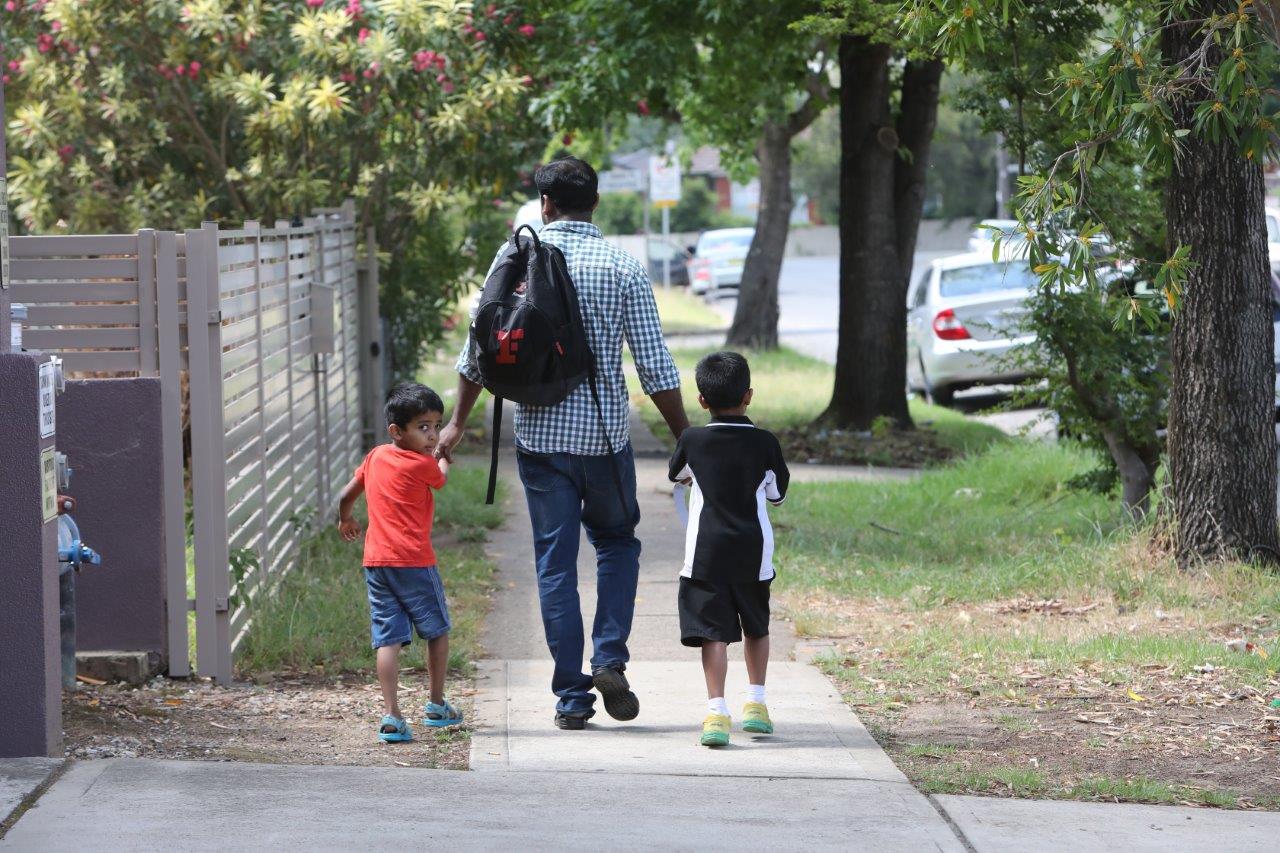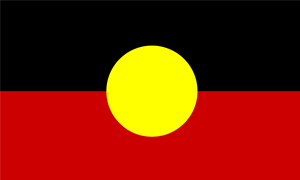Event details
Inspired by the rangoli featured in Gauri Torgalkar’s virtual exhibition Diwali Bloom, in this video Gauri shares stories of rangoli and Diwali. Learn how to create your own colourful, patterned artworks in a practice celebrating Diwali.
Free rangoli making kits are available to collect from Auburn, Granville, Merrylands and Wentworthville library locations.
To reserve your free rangoli kit please register online. If you do not have a rangoli kit, you can also make your own rangoli from materials found around your own home.
Making your rangoli
Location
Look for a suitable location around the outside of your home. Rangoli is often made at the entry to a home such as a front door or pathway.
Materials
Once you have found a space, clean the surface or lay down some paper to work on.
Gather your materials: you could use a rangoli kit, natural materials found around your house; lentils, nuts, seeds, leaves, rice and grains. Or found objects like bottle tops, buttons, paperclips etc.
What other materials could you use? Get creative!
Design
Rangoli often uses repeating patterns and geometric shapes, such as flower and leaf shapes. You might be inspired by patterns you see around you.
Think about your design before you start, you may decide to start with a practice sketch on a piece of paper. You also may like to use a grid pattern to plan your design.
Create
Begin your rangoli by creating an outline of your design using chalk, white rangoli powder or another marking material.
Once your outline is ready, fill in your design with the colourful rangoli powders, chalk or other materials you have collected.
Rangoli is temporary. At the end of the day, you might like to leave your rangoli or reset the materials to create a new rangoli tomorrow.
If you have collected materials from nature, return them to your garden or local park.
About FLENK collective
In a collaboration between FLENK collective and Diwali Bloom exhibition artist Gauri Torgalkar, FLENK has created online activities for celebrating the festival of Diwali through sharing stories about Diwali, learning about and creating rangoli.
Discover more art activities from FLENK collective during Diwali by following Cumberland City Council on Instagram.
Flora, Laura, Emma, Nicole and Katy are FLENK. FLENK are artists, cultural practitioners, educators, community activists and digital content creators. FLENK aim to connect communities with contemporary art through responsible relationship building and ethical, long-term community engagement and are working to build fresh structures to facilitate meaningful art experiences across a range of intersecting identities.





